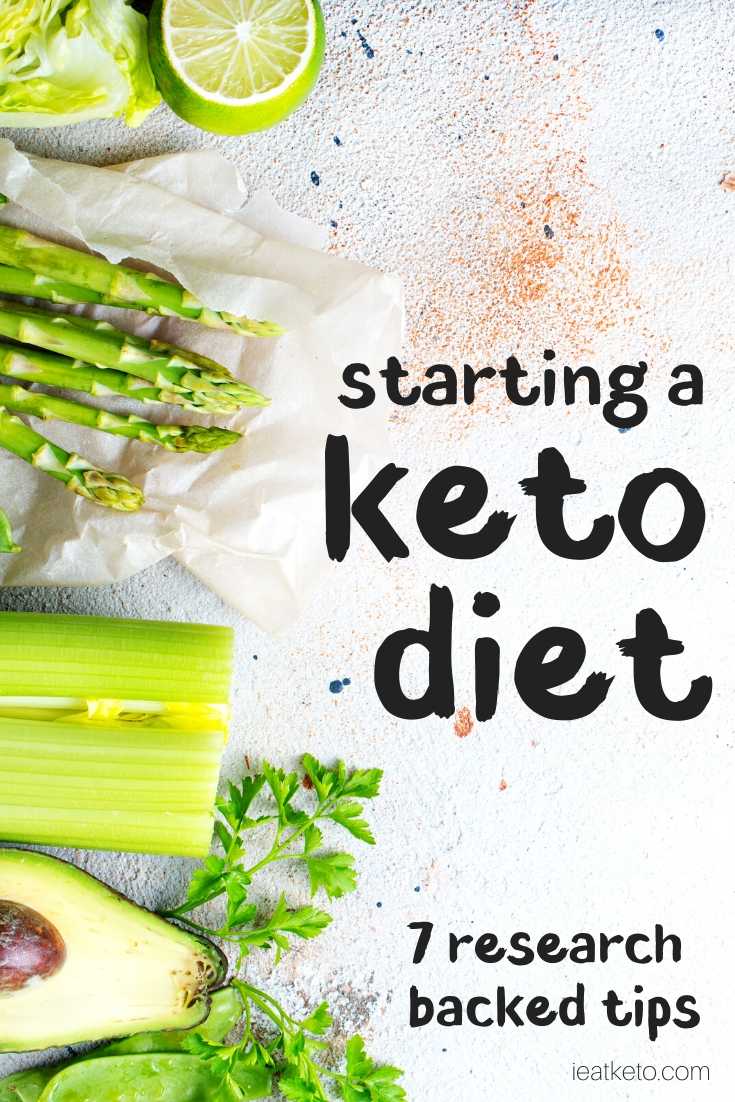
Getting The Your First 10 Days of Keto: What To Expect - Territory Foods To Work
It likewise turns fat into ketones in the liver, which can provide energy for the brain (). Ketogenic diets can trigger significant decreases in blood sugar level and insulin levels. This, in addition to the increased ketones, has some health benefits (,, ). The keto diet plan is a low carbohydrate, high fat diet.
There are several variations of the ketogenic diet plan, including: This is a very low carbohydrate, moderate protein and high fat diet. It usually contains 70% fat, 20% protein, and just 10% carbs (). This diet plan involves periods of higher carbohydrate refeeds, such as 5 ketogenic days followed by 2 high carbohydrate days.
This is similar to a standard ketogenic diet, but includes more protein. The ratio is frequently 60% fat, 35% protein, and 5% carbs. However, just the standard and high protein ketogenic diets have actually been studied extensively. Cyclical or targeted ketogenic diets are more advanced methods and mostly utilized by bodybuilders or athletes.


The smart Trick of The Healthy Keto Diet for Beginners: Your Quick Start Guide That Nobody is Discussing
There are several variations of the keto diet. The standard (SKD) variation is the most looked into and most recommended.Ketosis is a metabolic state in which your body utilizes fat for fuel instead of carbs. It happens when you significantly decrease your usage of carbohydrates, limiting your body's supply of glucose(sugar), which is the main source of energy for the cells. Usually, Check For Updates involves restricting carb consumption to around 20 to 50 grams each day and filling up on fats, such as meat, fish, eggs, nuts, and healthy oils( ). It's also essential to moderate your protein usage. This is due to the fact that protein can be converted into glucose if consumed in high amounts, which might slow your shift into ketosis ().